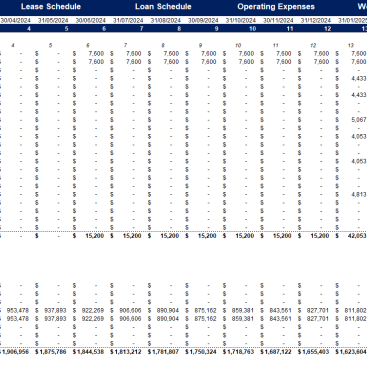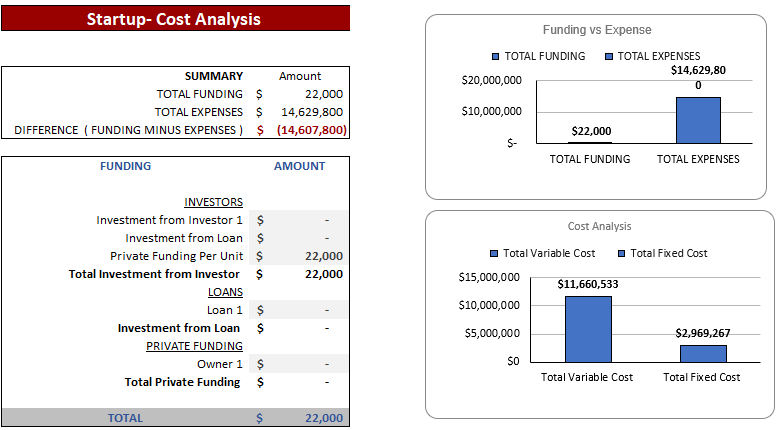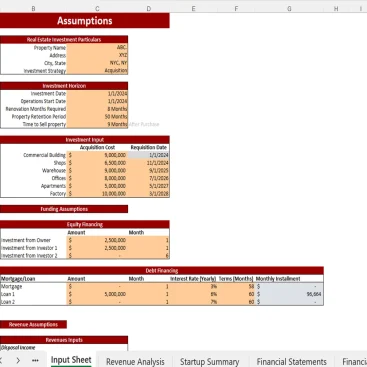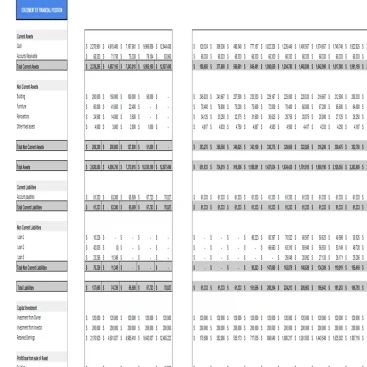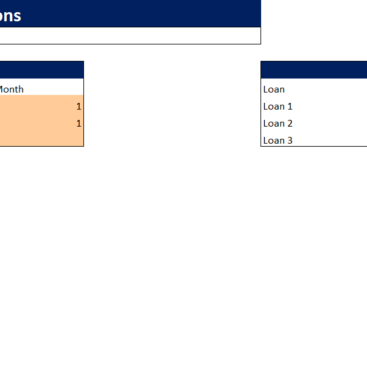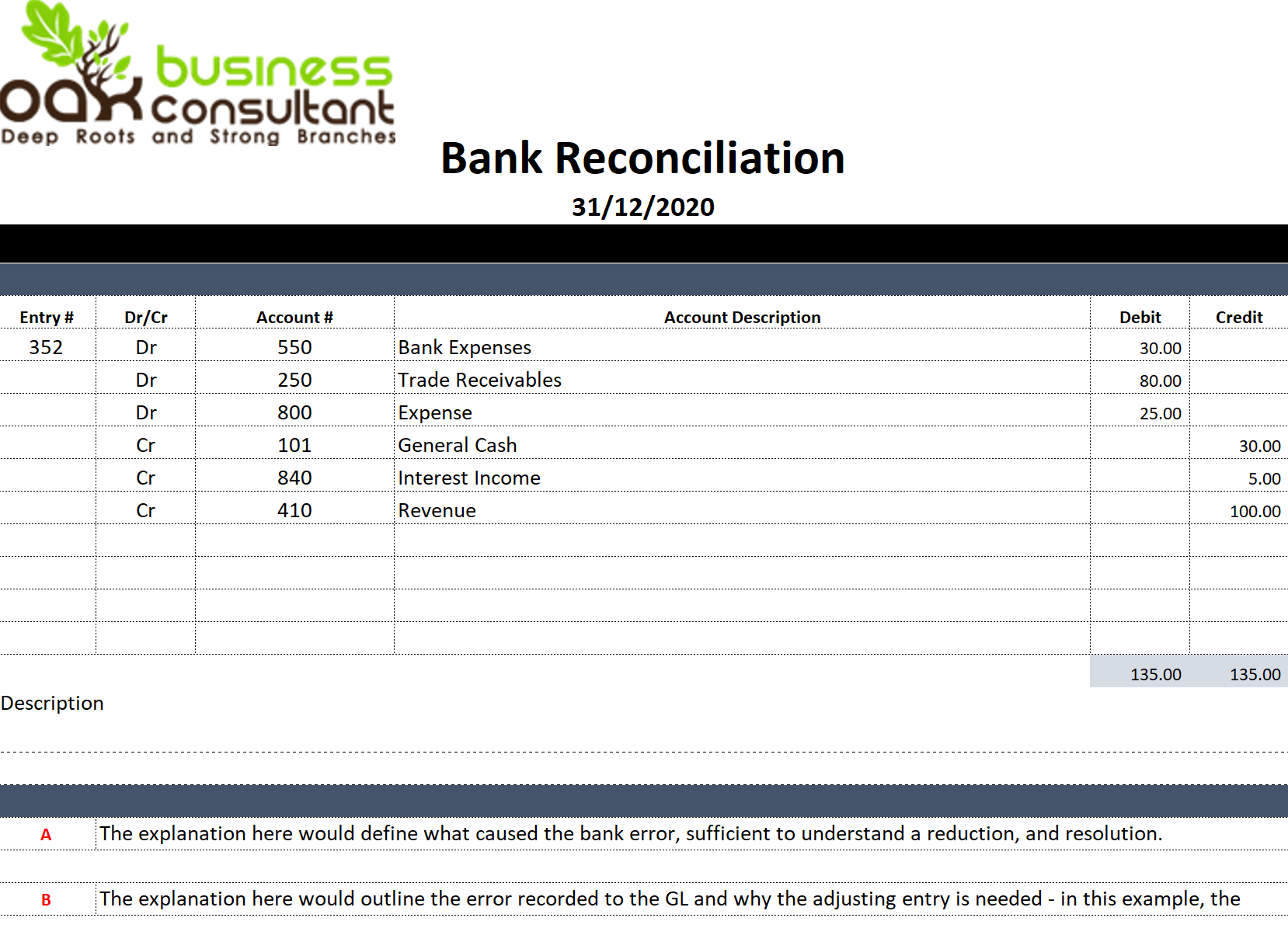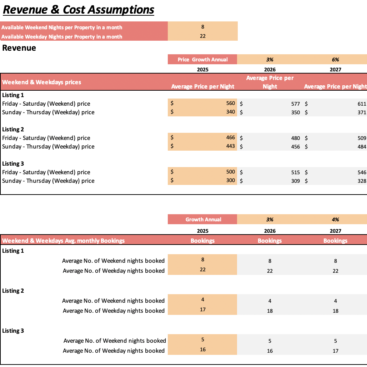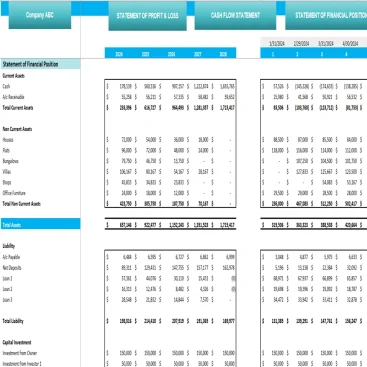How has Financial Analysis Evolved within the Real Estate Industry?
Financial Analysis within the Real Estate Industry
The global real estate industry will have a capitalization of $7.2 trillion in 2022. It is the most lucrative and safest industry for investment. Thousands of people want to be a part of this market. Even in the worst situations, this industry performed well.
This industry is where people want to invest. Big players in the real estate market are reluctant to change technology. They believe it will affect traditional practices and create a new financial model structure.
With that, we can still see the growth of technology in the real estate business. Somehow technology is growing inside the industry to meet customer requirements. Venture capitalist investments reached $6.2 billion for residential and $2.6 for commercial real estate tech.
The Changing Real Estate Industry
Marketplaces are online. Clients can easily access various properties listed by different real estate brokers. Moreover, not only pictures and videos but customers can virtually visit the property through 3D models available online.
A financial advancement toward real estate is cryptocurrency. People can pay for properties and invest in real estate investment trusts through cryptocurrencies. These transactions are connected to blockchain technology, making the transactions safe and secure. In addition, you can use cryptocurrency to invest in a fraction of the property, known as fractional ownership. Digitalized patterns help you and your fellow investors jointly own a property with little paperwork. This business model creates a unique change in the real estate business, making it similar to a stock investment.
Proptech
The real estate industry is among the top 5 biggest industries in the world, with a market capitalization of more than $20 trillion (combining commercial real estate and construction). Google data shows people search for “how to become a real estate agent” more than any other profession. Even during the pandemic, real estate companies continued to grow.
Technological innovations are making real estate transactions more digital than ever before. From the initial token to the final payment, everything is online. Fortunately, these transactions from beginning to end now have a name, Proptech.
Property Technology (Proptech) is a digital financial technology used by the real estate industry to record and manage transactions involved in a business deal. The primary reason to develop proptech in the market is to make property purchasing more uncomplicated and secure. This market raised $43 billion in fundraising between 2012 to 2020.
This evolving financial technology in real estate is the ground for shifting buying and selling brokerage markets to the internet. The oldest proptech companies include Zillow and Rightmove, with thousands of property listings worldwide.
Evolving Financial Analysis in Real Estate Industry
Technology is changing finance. Traditional financial modeling, budgeting, and analysis techniques are of no use anymore. The online system cuts the overhead cost of traveling, offices, food, and more. In addition, modern financial analysis has plenty of data available, giving them an edge over competitive analysis to produce maximum output.
Furthermore, economic analysis is helping small real estate construction companies to work in the affordable housing market. It is a new market that focuses on low to medium-income families to be able to buy their own homes. Giant corporations that see potential in this market but don’t want to get directly involved in the business fund these small companies to diversify their portfolio.
The financial analysis does not only work on the cash flows and examining the financial statements but also analyzes a company’s performance according to its respective location and competitors.
Issues in Traditional Financial Analysis and Investing
Traditional financial analysis methods include managing the company’s financial statements, looking for better cash flow strategies, and creating more revenue. However, the critical perspective of this analysis was to mitigate the risk factor.
Traditional analysis practices lacked the importance of design in a company’s capital performance. A limited approach to data collection and competitor strategy analysis flopped many promising businesses. Transactions were the only thing recorded in excel sheets. This negligence then became the groundwork of the housing market crash. Only a few financial analysts, such as Micheal Burry and Steve Eisman, could look through the downfall. They also profited heavily from shorting the collateralized debt obligations (financial products derived from asset-backed securities). But modern financial analysis provides much more insights into any industry. And when you come to Oak Business Consultant’s expert financial analysts, you can be sure to make informed decisions about your real estate business.
The Importance of Technology in the Real Estate Market
From marketing to construction development, technology is changing the outlook of the real estate industry. In addition, it has revolutionized the financial system involved in property dealings.
Investors are performing complex digital economic analyses to derive profit-making strategies. Sorting the data and finding the desired market is now easy as data is accessible online. The sorting also helps the investor to make customized plans for their preferred customers. Within a few clicks, investors have access to all the requirements of their customers.
Data is the primary concern for financial analysis. Better data collection provides better analysis. This collection evaluates investment strategies and analysis profit margins on various properties.
Financial Planning and Analysis in Practice Today
Modern financial analysis in the real estate industry comprises two approaches toward investments: top-down investing and bottom-up investing.
- Top-down Investing
This investing approach focuses on macroeconomic factors affecting the economy, such as interest rates, taxation, GDP, etc. Analysts who use a top-down approach try to look at the bigger picture. They examine the general market condition by looking at the factors that affect the economy.
Depending on these factors, the investors distribute their capital in a manner that outperforms their competitors. For example, suppose a real estate investor finds a good location where people are moving out due to affordability. In that case, the investor might buy those properties for profitability in the future as the economy stabilizes.
- Bottom-up Investing
This investing approach focuses on the internal working of a business rather than the macroeconomic factors. The investors are looking for short-term investments. House-flipping is the best example of this approach. Investors look for a property in a good location that needs renovations. They make a good deal of purchasing and renovating the property. Then, they sell such properties within three months of renovation for quick liquidity. The investors in this approach can handle little risk.
Risk and Compliance in Real Estate Industry
In the business world, the risk is the phenomenon that stops people from investing. It tells the investors to back off and look for safer and more secure investments. The volatility is limited in the real estate business due to its stability. However, sometimes the market can be unpredictable, and your assets can go negative.
There are certain risk factors investors look for before investing in a property. They hire financial analysts to examine the situation and find out the risks concerned with the purchase of a property.

- Location
Location is the critical element of the real estate business. No matter how good a property is, the entire value of a property can go in vain if it is constructed in a poor location. Therefore, location is always the first concern for a real estate firm. Nobody wants to live in a creepy neighborhood and raise a family.
Expert financial analysts look for the locations with the best ROI (Return on Investment). A good place can derive certain factors such as higher rent, positive yearly growth, and increasing demand (rising number of tenants).
- Vacancy
To generate income from your property, you need to fill the property up with tenants. In the rental business, tenants are the customers. However, with changing market conditions, there is a chance of high vacancies in the future. For example, companies started adopting remote or virtual models after the pandemic. This change in the work environment empties many offices, residential buildings, and retail shops. Furthermore, vacancies can cost you yearly maintenance and taxation on your property.
Financial analysts survey the locations with higher vacancy rates to avoid investment. If the purchase finalizes before the involvement of an analyst, they make sure to develop advertising and marketing strategies to attract long-term tenants. Generally, a well-maintained, furnished, and clean property brings more tenants.
- Negative Cash Flows
Expense control is the job of the financial department in a company. They must ensure the company stays profitable or at break-even in times of crisis. A negative cash flow erupts when the money that comes into the business is less than the money that goes out. In simple terms, when your costs exceed revenue. Various issues can produce negative cash flows, such as charging rent lower than the market, high maintenance costs, or high vacancies.
Analysts ensure that the rent is market competitive to avoid negative cash flows. They calculate the expected income of a property and the costs attached. Initially, a good location can overcome negative cash flows, as the demand for such properties is high.
- Liquidity
One disadvantage of investing in properties is the lack of liquidity. Property buying is costly, and quick selling can create an undervalued sale. One can end up selling below the market price. A financial analyst is unable to generate more liquidity directly through the property. Although, there are specific ways you can use the property to bring in more capital.
One can initiate a home equity loan. It grants you money over your residential property. The property value becomes the basis for the loan.
Real Estate Industry’s Economy Digitalization
Rapid-paced digitalization in the world’s environment constantly changes the economy. The future is providing new technological advancements and opportunities to the public. It is important to note that the changes made in developing strategies and policies align with the changing economy. Furthermore, these changes are irreversible, so the developing policies should benefit as many people as possible.
These digital technologies can boost the entire business system with sustainable growth. Currently, these technological strategies are helping countries affected heavily by the pandemic.
The finance industry is the most affected by technological developments. The invention of virtual investment systems is denoted as the most lucrative investment worldwide. Financial services are part of every industry.
The Middle East uses digital financial services to record every transaction on land or immovable assets for the real estate industry. Digital Multi-Sided Platforms (MSPs) such as Airbnb or Bayut connect various services and facilitate investors and customers online. These MSPs legally connect with Government Land Department to regulate all the activities.
Financial analysts have to be digitally skilled to look for profitable deals online. However, traditional analysis can create preliminary results due to the dynamic complexity of the virtual real estate market.
Analysts use digital marketing strategies to promote their properties through various MSPs and online brokerages such as Knight Frank and Jamesedition (for luxury properties). Online availability makes it easier for the customer to look into multiple properties and connect to the listing agent or broker.
Virtual Real Estate Assets

An exciting real estate virtual world advance is the metaverse. However, although the metaverse is a new market, its profits are worth a little risk.
Metaverse real estate is an online platform to buy land in the virtual world that is computer pixel. All the properties and land created in the metaverse resemble the real world, and you can buy your own house or city unless someone else already owns it. It is a deep structure where you can trade within your purchased land. Furthermore, you can lease it or sell it at a better price. The land coins, whose initial value was nearly $25 in 2017, are now trading at more than $1,2000 per coin—480 times the value in four years.
Sandbox is the biggest market in the real estate metaverse owning more than 60% of the virtual land. Many real estate investors are using financial strategies to find benefits from the virtual industry.
However, the metaverse is volatile, and investors can lose much of their capital in one split second. On the other hand, there are minimal regulations, so there is no one to blame.
For this reason, financial analysts are still developing the perfect strategies to invest in the metaverse. Their goal is to find investment approaches where investors’ money is secure and profitable. After considering all the aspects of virtual investing, an analyst goes toward the metaverse.
NFTs in Real Estate Industry
Non-Fungible Tokens (NFTs) are an advanced online accessory that justifies online ownership of different assets. These tokens use blockchain technology to secure themselves from theft, copying, and division. One can buy and sell NFTs through other online crypto exchanges. Most NFTs are one of a kind.
Real estate is developing NFTs that represent a physical asset. Through NFTs, transfer of ownership is becoming hassle-free. Transfer of ownership takes seconds. With blockchain technology, a secure passage of NFTs transfer develops.
To create an NFT that holds physical property, we must mint the NFT with all the legal documentation. Along with the transfer of ownership, whoever carries the NFT. This NFT can then be sold in the marketplace, and the prices are negotiable as in any auction. The idea behind these real estate tokens is that one should quickly transfer property ownership from one person to another. Of course, the development will take time. However, as rapidly as the NFT and crypto buying market is speeding, real estate NFTs will quickly shift the system of buying and selling properties virtually.
The difference between a metaverse property and real estate NFT is that a metaverse property does not have a physical presence. On the other hand, NFTs are digital tokens that represent physical properties.
Summing it Up
Over the last decade, technology has evolved into a dynamic structure that dominates the entire business market of the world. One way or the other, every industry has a connection to it. The real estate industry seems to have a grip on it as well.
Financial analysts are improving their digital skills to understand the complex structure of technologically advanced markets. In real estate, digital patterns are becoming common, and analysts need to provide alternatives to traditional methods. Furthermore, analysts need to provide manageable solutions to value investing.
Real estate is evolving, and classic technical analysis methods are not valuable in today’s market. This evolution is making the job of a financial analyst more dynamic and tech-savvy. The changing analyzing system is now necessary for every real estate company, and all of these need to digitize their financial strategies to outperform their competitors in the future. If you are looking for technologically advanced and professional financial analysis services, contact us today!





















